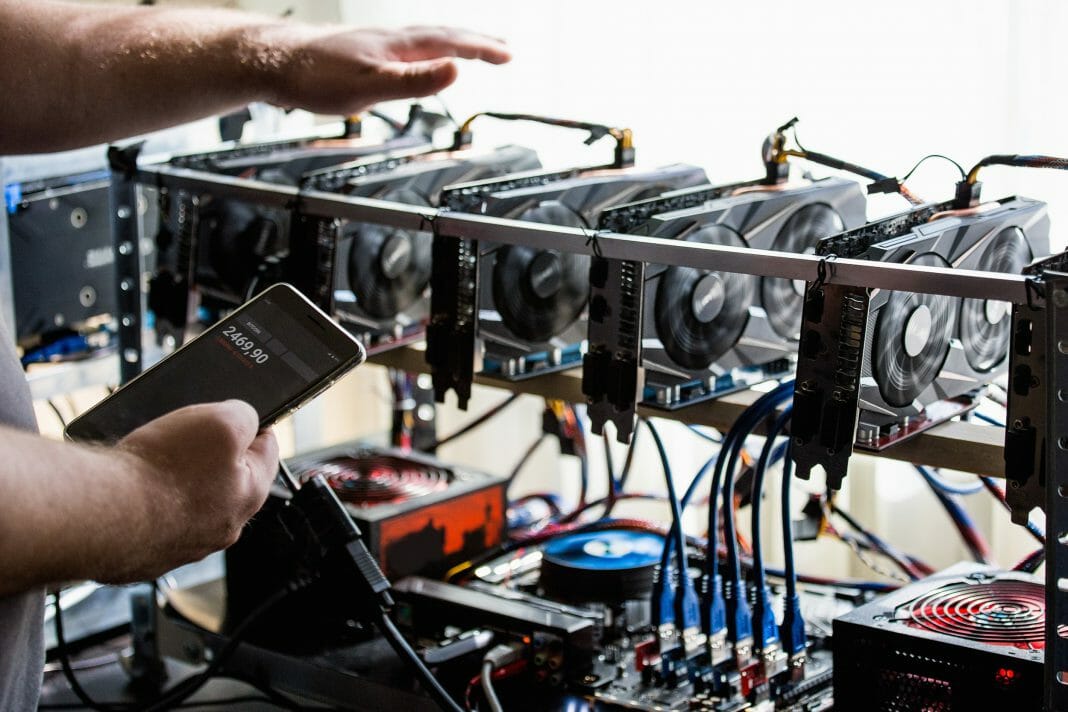The Ukrainian government decided to accept BTC, ether (ETH) and the stablecoin or stable currency Tether, as a means to support the country in the war against Russia.
The outbreak of the war between Russia and Ukraine monopolized practically all the news space this week, including that of the cryptocurrency sector. The Russian invasion together with the consequent reactions of nations from all continents, mainly from the powers of Europe and the United States, still keeps citizens from all over the world in suspense.
In the midst of this escalation of the confrontation between Russia and Ukraine, the price of Bitcoin -which had been recovering from the fall last January- suffered yet another fall, losing the support above the USD 40,000 that it had achieved at the beginning of this month. The weekly average registers a decrease of 2%. At the time of this writing, the cryptocurrency is trading at USD 38,259, as reflected in the market price of Latin America and Spain, according to the CriptoNoticias price calculator.
News Highlights
The beginning of a Russian attack against Ukraine, in the early hours of February 24, caused a 9% decline in the price of Bitcoin. Although the value recovered a few hours later, the pioneering cryptocurrency maintained a strong coupling with traditional stocks before the outbreak of the war, detaching itself somewhat from the narrative that proclaims it as “digital gold”. In this warlike scenario, the fear and greed index (which serves as an indicator for the sentiment of the Bitcoin market), reflects that users move in “extreme fear”.
In an unusual turn of events, the Ukrainian government decided to accept BTC, ether (ETH) and the stablecoin Tether, in order to get the world to support the country in the war against Russia. This occurred after the Ukrainian Central Bank issued a resolution to suspend the foreign exchange market and operations with electronic money, restricting cash withdrawals.
Countries around the world condemned the invasion and some announced economic sanctions in response to Russia’s actions. The United States, Canada, the United Kingdom, and European Union countries have agreed to expel “selected” Russian banks from the Society for Worldwide Interbank Financial Telecommunications (SWIFT), which will prevent them from conducting financial transactions with the rest of the world.
Vitalik Buterin, the Russian-born co-founder of Ethereum, also criticized Vladimir Putin for his “special military operation” and called the intervention “a crime”. The actions of the Bitcoiner community in support of Ukraine were immediate, and donations in cryptocurrencies grew exponentially in a few days. The NGO Come Back Alive received some 113 BTC. This, while a cryptocurrency exchange decided to donate money to Ukrainians registered on its platform and a Russian rock group created a DAO.
In Europe, representatives of regulatory institutions in Sweden managed to get the ban on Bitcoin mining included in the discussions on the regulation of cryptocurrencies in the European Parliament. The proposal became part of the package of laws known as MiCA (Markets in Crypto Assets) that will regulate crypto assets in the European Union. However, the rejection of the proposal on social networks led Parliament to suspend the vote on the project, which would take place on February 28. According to the German deputy, Stefan Berger, main proponent of the project, he himself requested the cancellation of the act.
As Events Unfold
At the time of writing, the Ukrainian government Bitcoin address had received 115.04 BTC. Based on Bitcoin’s price of $38,068.93 at press time, the coins the government has received are valued at $4.38 million.
So far, the government’s Ethereum address has received 2,115.4 ETH, which corresponds to $5.55 million based on the Ethereum price of $2,623.21 at the time of publishing this article. The government’s Tether address has received 1.04 million USDT.
Ukraine supporters have created a DAO, called UkraineDAO, to support the people and the military by raising funds in ETH for “Come Back Alive”.
On February 24, another separate token called Help Ukraine (HUKR) was developed. The main goal, according to Elliptic, is to donate ETH to “a fundraiser called Support for Ukrainian Sovereignty,” which has raised more than $467,000.
It is worth considering that, with the rise of donation platforms for Ukraine, scammers have also become active. There are many scammers claiming to raise funds for the people of Ukraine and everyone should double check before donating any amount.
By Audy Castaneda











